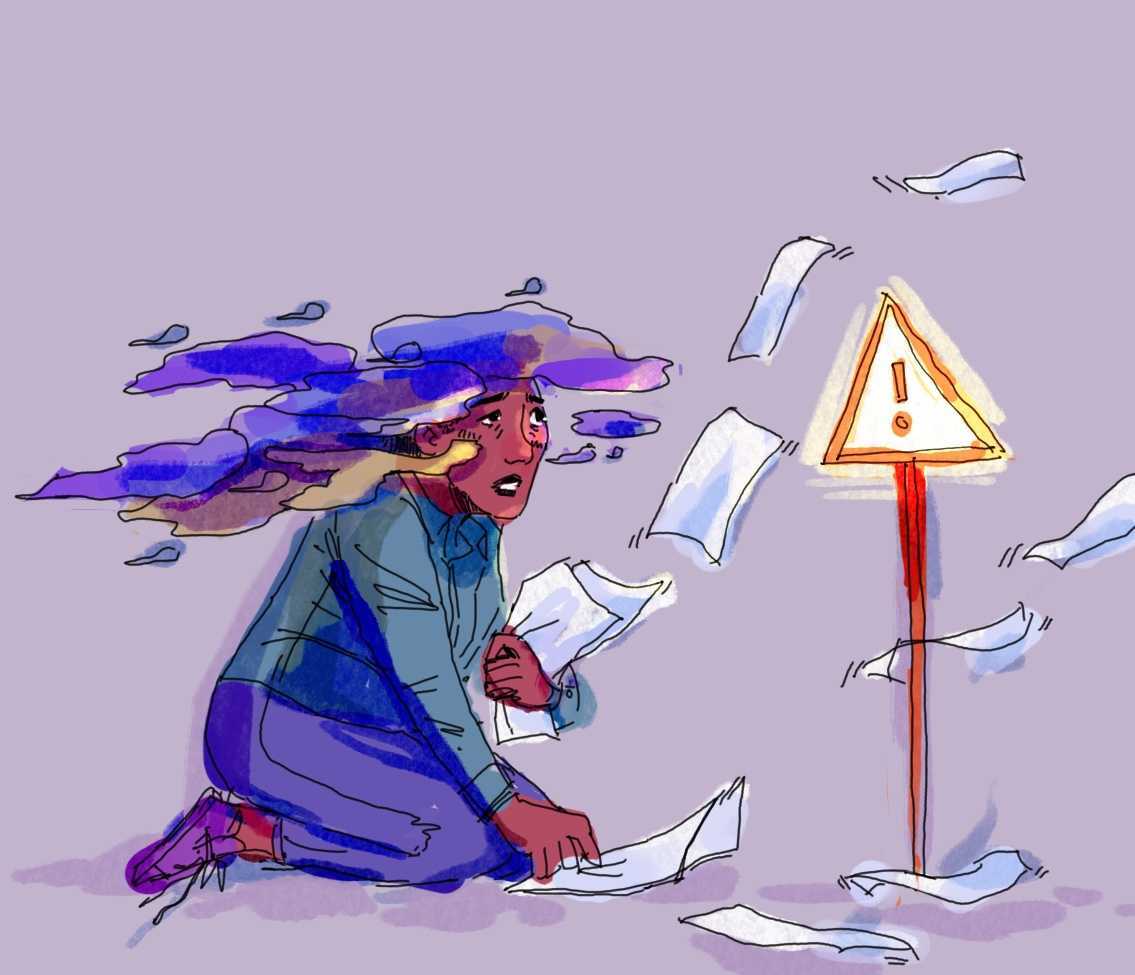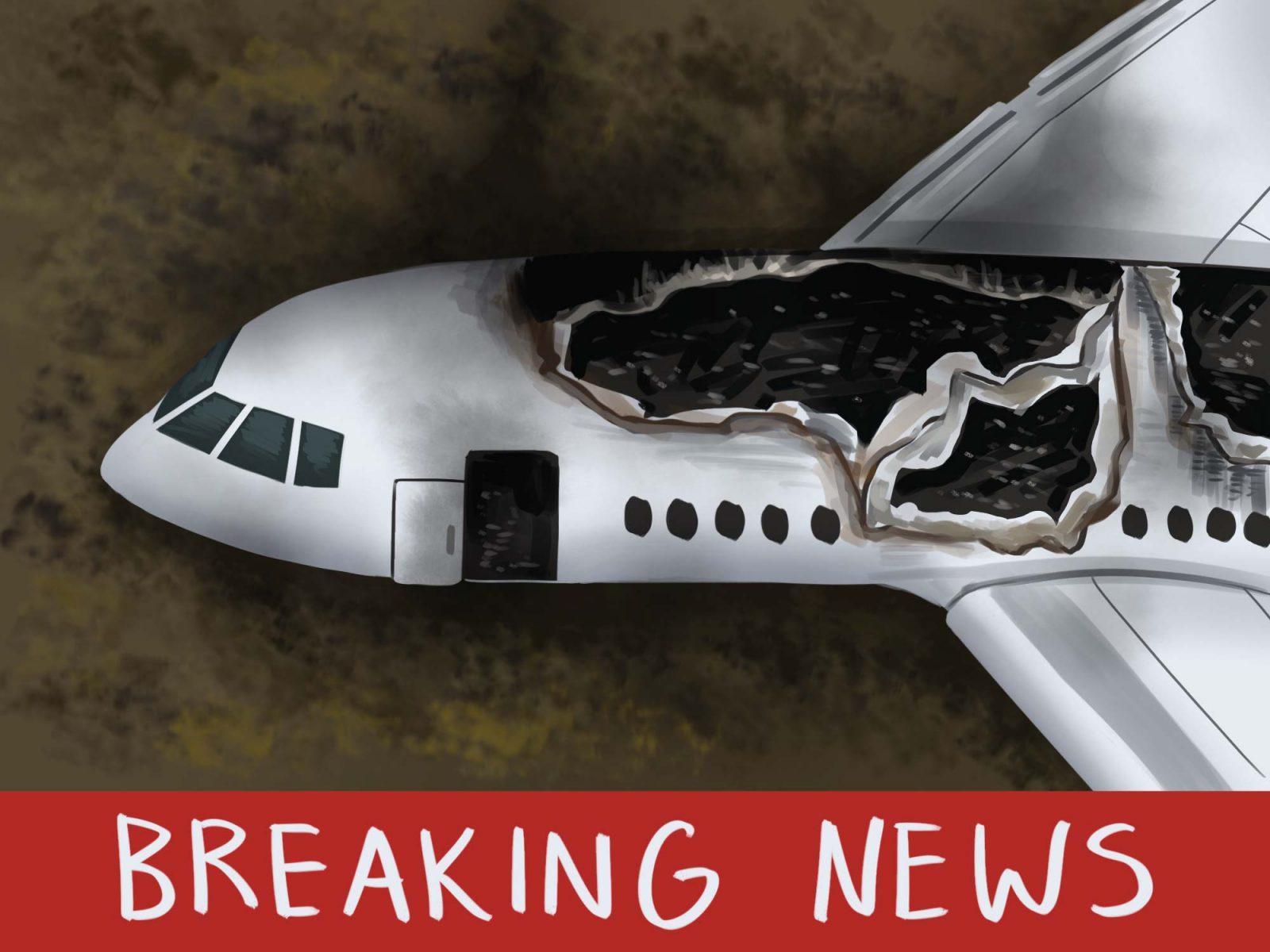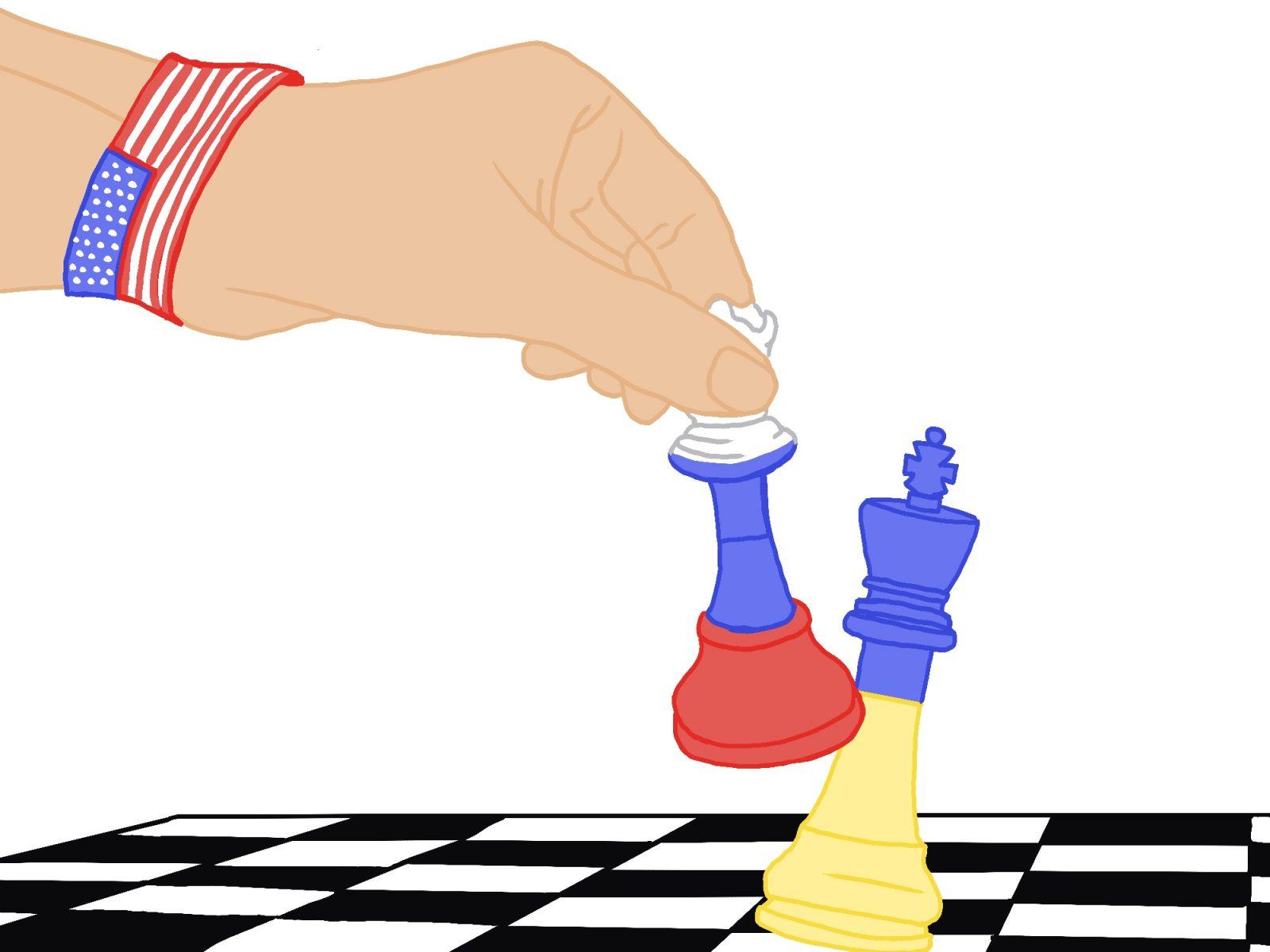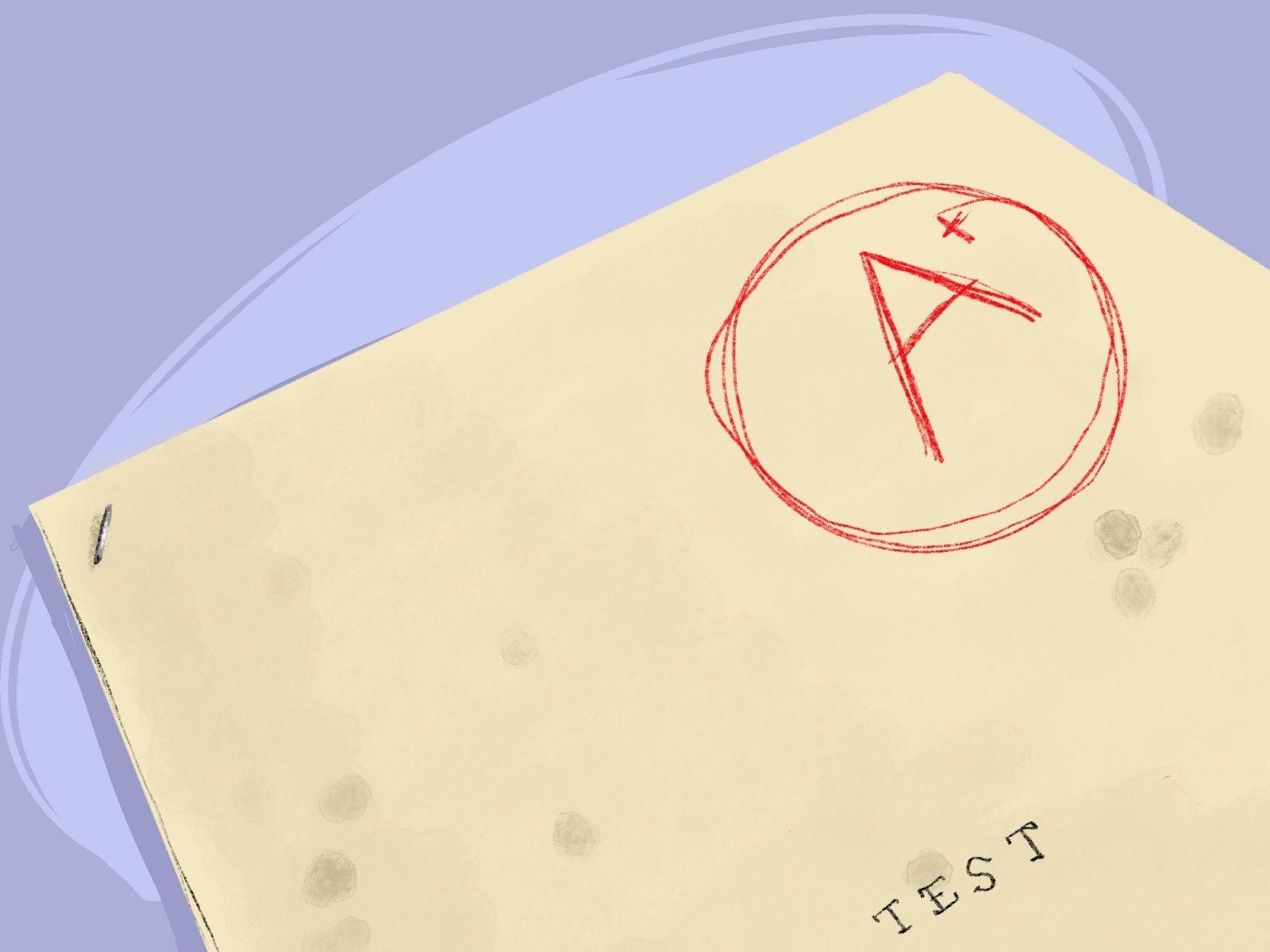Sometimes, I catch myself feeling that academic burnout is inevitable. If you care enough, you will push forward, no matter what — exhaustion is simply the price you pay. It’s as if complete exhaustion is a medal that proves that we’ve given all of ourselves to success.
How wrong I was.

Burnout is not a hero’s tale of necessary sacrifice. It is an alarm bell that the harm of our hard work exceeds the benefits.
It is a desperate signal from the body that the scales of work and rest are unbalanced. Symptoms of burnout can include poor sleep, headaches, digestive issues, muscle pain, difficulty concentrating, irritability and a weakened immune system. If taken without context, these symptoms could be easily mistaken for a health condition.
Society tends to view medical problems as more legitimate when they come with a label. Burnout, unfortunately, does not carry a diagnosis. We treat burnout as a rite of passage for dedicated students. We speak about it with an odd reverence, as though it is the ultimate prize of dedication.
The sight of dark circles, shaking hands and an empty gaze is commonly met with the phrase: “You must’ve worked so hard.” We absorb it as proof of significance, blessing and accomplishment.
Burnout is not a reward. It does not announce itself. Instead, it settles quietly in the silence. It suppresses emotions, but it doesn’t fill the void. It silences the panic, but it doesn’t erase the damage.
Burnout comes from a prolonged stress response that accumulates over time and increases levels of adrenaline and cortisol. Research has indicated that constant stress keeps the brain overly alert and preparing to react. This is an indicator the pursuit of accomplishments has its limits and should be regarded with warning.
And the worst lies that are associated with burnout?
That devastation is the only path forward. That if you are not drained, depleted and empty, you have not given enough. This societal narrative has convinced us that slowing down is failure, that rest is weakness and there is no purpose in life beyond productivity.
People regard burnout as a test of resilience, a call to “toughen up” and a challenge that must be completed. Eventually, this challenge turns into a failure, which leads us to draw the wrong conclusions about productivity. In reality, burnout happens to those who are the most hardworking.
Another lie is burnout can be addressed with a quick fix — a vacation, a day off or a distraction. These changes are superficial, as they don’t address the root cause. Burnout indicates that a bigger change is needed: the inner struggle of managing work-life balance.
Not all roads must lead to suffering.
Preventing burnout starts with recognizing its early signs, such as fatigue, lack of enthusiasm and negativity toward work. Or better yet, taking proactive steps to avoid it altogether. Identifying stressors, creating effective stress management plans and creating a culture with work-life balance can make a significant difference.
People are less likely to experience burnout if they learn to set boundaries, break tasks into manageable steps, prioritize rest, maintain a healthy diet, have an exercise routine and build meaningful social connections.
So next time, choose yourself. Choose rest over ruin, balance over burnout.
The world will not stop spinning if you take a step back — your worth is not measured by how much you sacrifice.
The only way you find yourself pushing your rock uphill, like Sisyphus, is if you believe you have no other choice. But you do — you are not bound to the cycle.
When you reach the bottom with burnout, you are faced with a choice: stay there or climb higher. The fall may not have been in your control, but the decision to rise always is.





















































































































